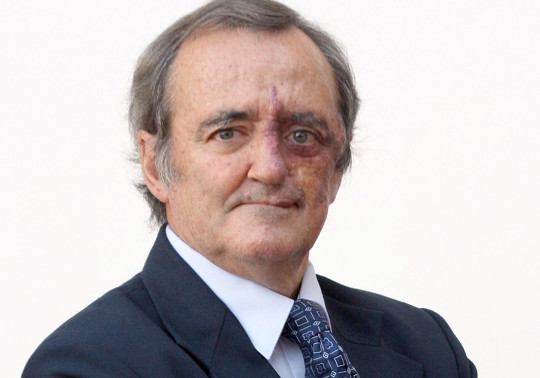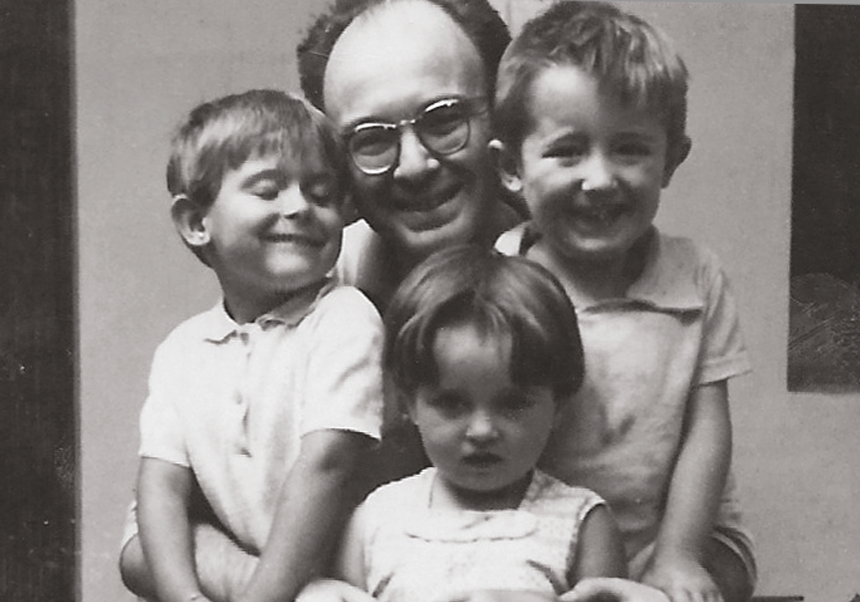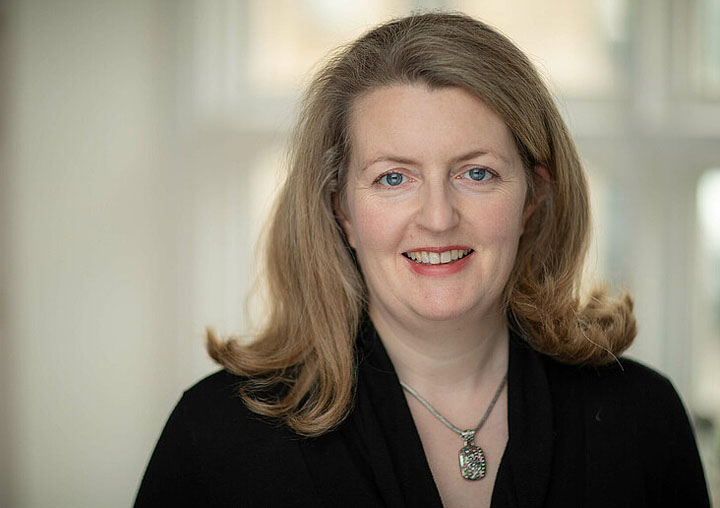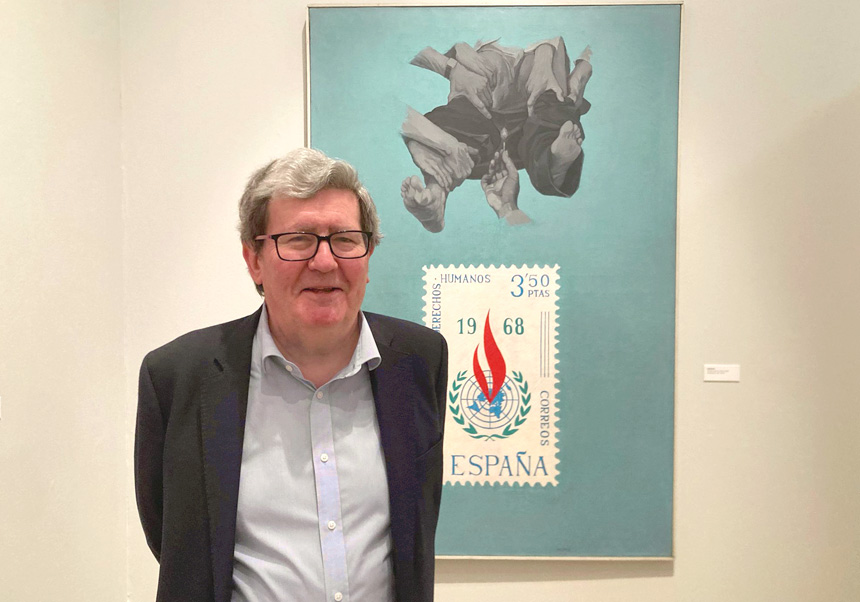Scientist Mariano Barbacid gives a lecture about the challenges of oncology in the 21st Century at La Nau
- Office of the Vice-Principal for Culture and Society
- March 25th, 2019

Scientist Mariano Barbacid will give the lecture ‘La Oncología en el siglo XXI; Medicina de Precisión vs. Inmunoterapia’, during the cycle of debates of the Escola Europea de Pensament Lluís Vives. This lecture will take place next Wednesday, 27th of March at 19:00 in the Aula Magna of La Nau Cultural Centre. Free entry until filled to capacity.
Since 1982, when the first human oncogene was aislated, dozens of genes involved in the development of the more than the 200 different types of cancer catalogued have been identified from a clinical point of view. This information has allowed that since the end of the last century the new oncological apporaches in cancer have been able to evolve from the classic chemotherapy, based in non-selective methods, to personalised therapies with more selective and effective treatments.
During the talk, Mariano Barbacid will tackle the evolution of oncological treatments, from the use of phytotoxics at the beginning of the century, non-specific molecules to approach cancer, to precision medicine, used since 1998 and based on a molecular diagnosis that allows to detect genetic mutation and draw lines on specific treatments. The sciencist will also speak about immunotherapy, a new approach established over a decade ago, “more appealing”, but with therapies that have only been effective in a limited number of tumors.
‘Although the big advances that have been achieved over the last decades in the molecule knowledge of cancerous processes have opened the doors to new therapies, other cancerous processes that are way more complicated than we thought at the end of the 20th century are also coming to light’, says Barbacid. He also claims that althought we’ve come a long way, there’s still a lot of work to be done, since there are several mutations drugs still can’t cure.
Mariano Barbacid is a prestigious Spanish biochemist, one of the seven Spanish scientists that has been chosen as a member of the Academy of Sciences of the USA and the first Spanish chosen Fellow of the American Association for Cancer Research (AACR). Besides, he is a honorary doctorate by the Menendez Pelayo International University (1995), University of Cantabria (2011) and the University of Barcelona (2014). Currently, he is an AXA-CNIO lecturer in Molecular Oncology and leader of the Experimental Oncology Group of the CNIO (National Center for Cancer Research).
The doctor studied Chemical Sciencies at the Complutense University and got a PhD in 1974 after doing his doctoral thesis at the Institute for Plant Molecular and Cell Biology of the CSIC. He completed his post-doctoral studies at the Nacional Cancer Institute (USA), where he formed his own research team in 1978. During the following decade (1988-1998) he was the vice-president for preclinical oncology of the Bristol-Myers Squinn multinational. In 1998 he came back to Spain to found and run the National Center for Cancer Research (CNIO) and in 2011 he gave up his director position in order to focus on researching. Until now he has published 310 scientific works which include 264 original articles and reviews in journals with impact factor. At the moment, his h-index (Hirsch factor) is 114, one of the highest in Europe. Among the international honours he has been awarded with, there is the Burkitt Medal (Ireland, 2017), and the Medal of Honor of the International Agency for Cancer Research (France, 2007), as well as the Rhodes Memorial Award of the American Association for Cancer Research (USA, 1985). In 2011 he received an Endowed Chair at the AXA Research Fund (Paris). Besides, Barbacid is a member of the limited group of researchers who have received two Advanced Grants of the European Research Council (2009 and 2015) since its stablishing in 2008.
The Escola Europea de Pensament Lluís Vives is a cultural project, driven by the Office of the Vice-Principal for Culture and Sports, managed by the General Foundation of the Universitat de València, established as a space for reflection and participative and critical debate about current matters. Other members of the public administration and civil society take part in the Escola: The President’s Office of the Generalitat; Valencia City Hall; Valencian Ministry of Transparency; the Department of Education, Research, Culture and Sport; Acadèmia Valenciana de la Llengua; Institut Alfons el Magnànim; European School of Humanities and Caixa Popular.
File in: Cultura , Escola Europea de Pensament Lluís Vives , Cinema
















